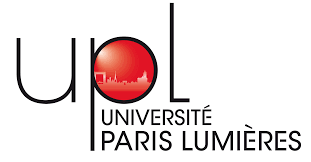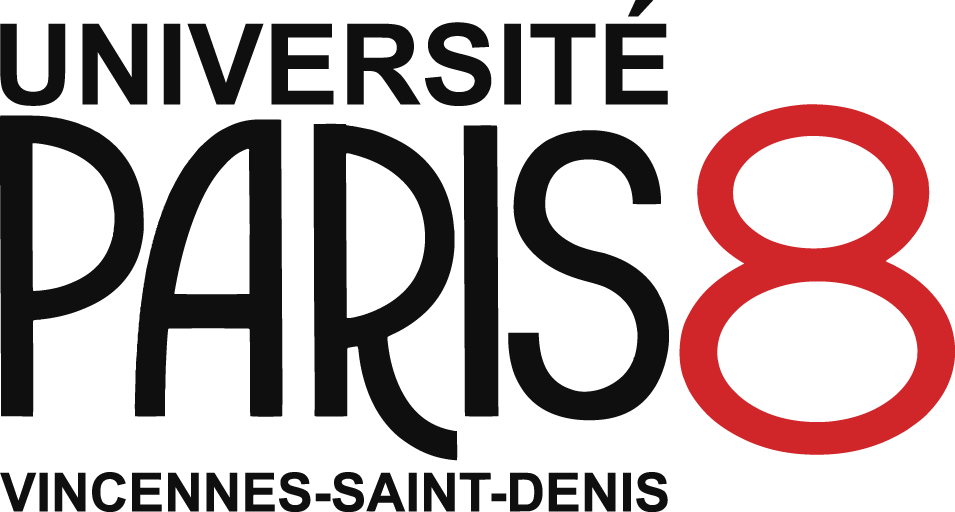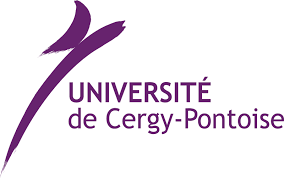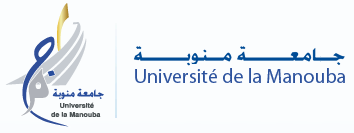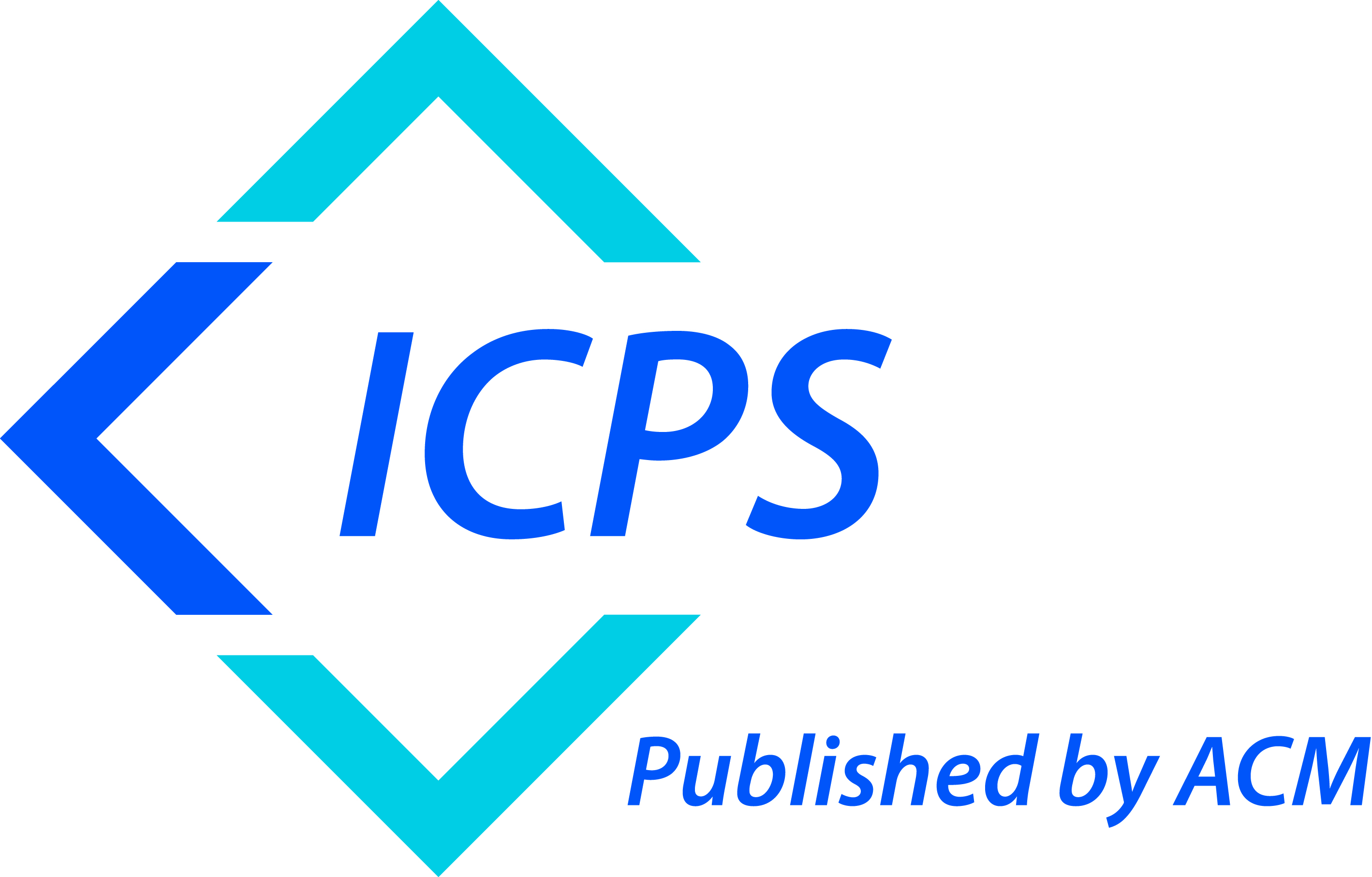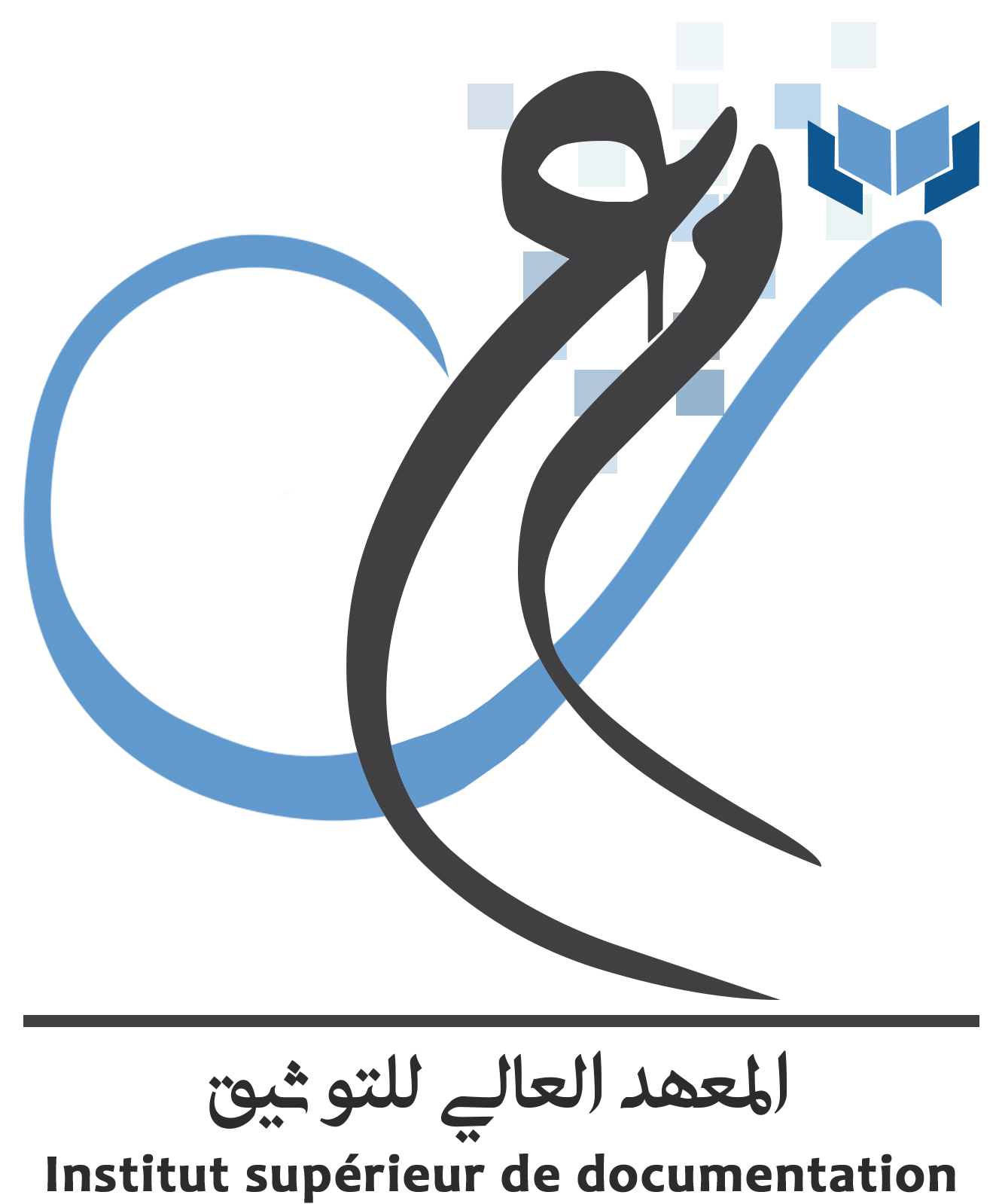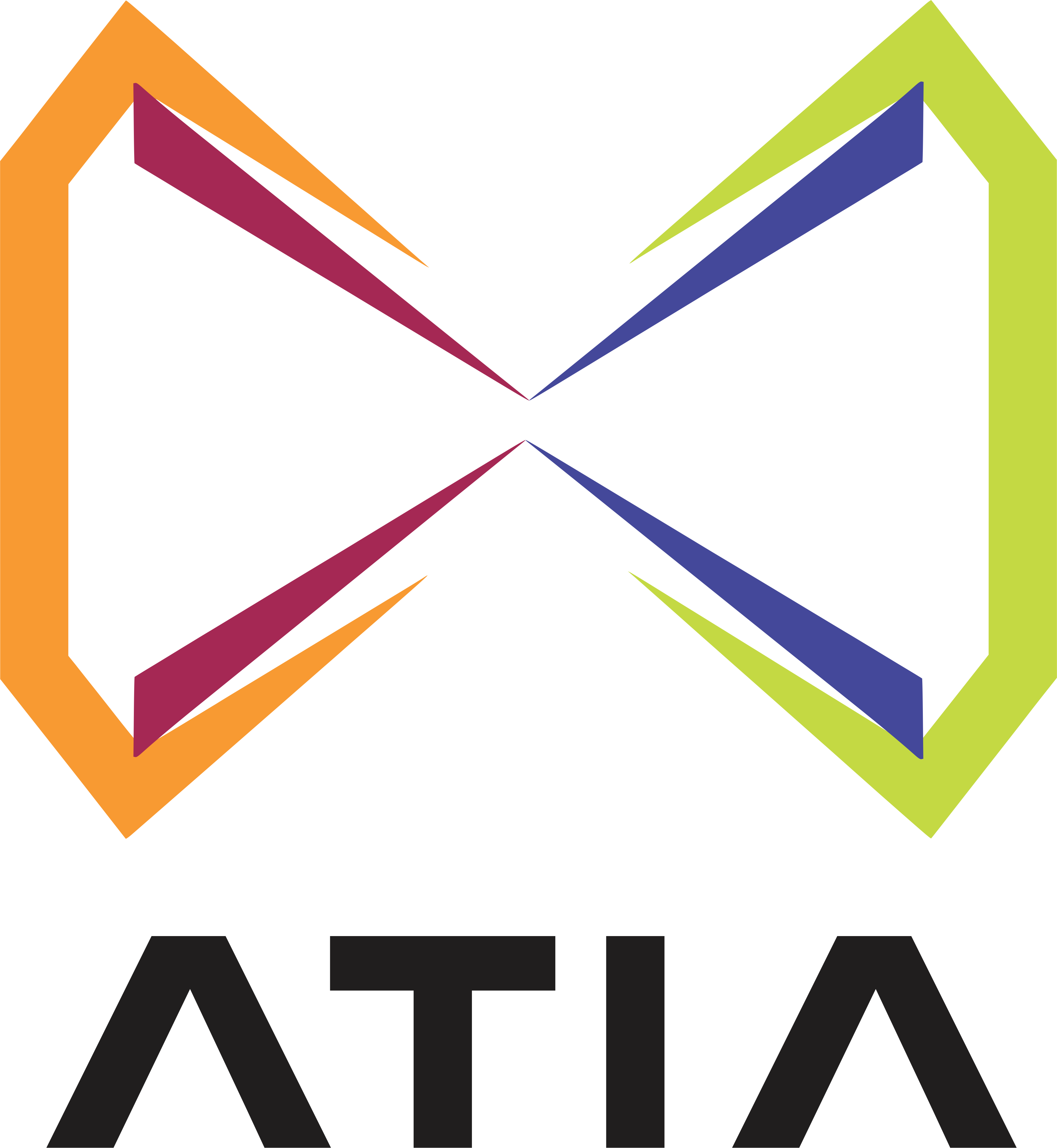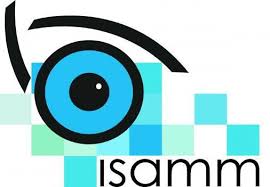Latest news
21 September 2022 : the organization of the DTU Congress begins
Very soon the themes of the congress and the different tracks will be announced
About
Extending the scientific purpose of its first edition (celebrated in 2018 at MSH Paris Nord) and second edition (celebrated in 2020 at Hammamet Tunisia) the Digital Tools & Uses Congress 2024 brings together researchers and specialists in the field of computer science, information, communication, psychology, ergonomics and humanities in order to reflect about the uses and impact of digital artifacts in our society. Indeed, the fast pace at which our digital objects of study are transformed nowadays calls for an interdisciplinary dissection of our hypermediated world. From connected objects, to big data, to artificial intelligence, to digital culture and ideology, we need to develop novel approaches to understand our present networks, infrastructures, institutions, and representation models projected into our digital tools.
Consistent to its initial format, the DTUC’24 is organized in five different but interrelated tracks that facilitate discussion between participants. Thus, speakers and presenters are welcome to attend sessions and events organized by any track. Such format proved useful and fostered interdisciplinary collaboration in the first edition. We hope it will contribute to the advancement of human uses of computing from the Mediterranean, North African, and European context.
Topics
DTUC’24 welcomes original submissions covering human aspects of information and communication technology: uses, models, methods, experiences, systems critique. Special attention will be put in interdisciplinary proposal that establish connections between the conference tracks and topics: Internet of Things, Big Data, Digital Libraries, Web-based and Web-oriented studies.
Submission Categories and Process
DTUC’24 invites submissions in the following categories:
• Long Papers: dedicated to long and mid-term research and experiences. The extension ranges from 4 to 6 pages.
• Short Papers: ongoing projects, simulations, tests, experiments, self-critique and reflection. Extension: 2 to 4 pages.
• Posters: innovative discoveries, new systems and approaches. Extension: 2-page description.
• Demos: interactive systems, novel interfaces, emergent approaches to human-computer interaction. Extension: 2-page description.
Submission Format
Please use the ACM Master Template to prepare your proposal.
Important: At the first step you are required to submit as anonymous author for peer-reviewing. That is, leave in blank the Author and Affiliation text of the template. If your proposal is accepted, you will then prepare a final version with your full name and contact details.
Evaluation Process
• All the proposals submitted to any of the five tracks follow a rigorous double-blind evaluation process. This means that both submitters and reviewers are anonymized during the reviewing process.
• The reviewing team consists of members of the scientific committee, whose composition includes scholars, engineers, technicians, specialists, and artists, depending on the track.
• Any submitted paper that includes affiliation information will be automatically discarded for review.
• Instead of submitting initial abstracts, proposals must be sent in a ready-to-print format from the beginning of the evaluation process. This allows to concentrate directly on the content, the research results, the scientific argumentation and methodology.
• The paper review criteria is based on originality, accordance to the theme and topics, scientific/technical contribution, and clarity of presentation.
• Accepted submissions will have the opportunity to make amendments and corrections suggested by the reviewers. Only at this phase, papers are allowed to display affiliation information.
Registration and Publication
• At least one author of accepted proposals is expected to register for the conference.
• Accepted submissions should be published in the DTUC’24 book of proceedings.

ACM publish the proceedings of DTUC’20 in the ACM Digital Library within its International Conference Proceedings Series.
Accepted authors will be sent the ACM rights management form and complete instructions.
All rights management forms must be submitted and approved four weeks prior to DTUC’24. After completing their rights management form, authors will be emailed the correct rights text and bibliographic strip to place within their paper. Authors must enter the text into their final paper.
The book of proceedings will be available at the moment of the conference through the ACM Digital Library.
Last edition proceedings:

DTUC ’20. Digital Tools & Uses Congress.
ISBN 978-1-4053-7753-9
Edited by E. Reyes, A. Mkadmi, G. Kembellec, F. Siala-Kallel, I. Saleh & L. Sfaxi
WS.2 2020. International conference on Web Studies
ISBN 978-1-4503-8885-6
Edited by E. Reyes, M. Bernstein, G. Ruffo & I. Saleh

DTUC ’18. Digital Tools & Uses Congress.
ISBN 978-1-4503-6451-5/18/10
Edited by E. Reyes, S. Szoniecky, A. Mkadmi, G. Kembellec, R. Fournier-S’niehotta, F. Siala-Kallel, M. Ammi & S. Labelle

WS.2 2018. International conference on Web Studies
ISBN 978-1-4503-6438-6/18/10
Edited by E. Reyes, M. Bernstein, G. Ruffo & I. Saleh
A selection of best papers will be invited to publish extended versions in form of book chapters under the series Digital Tools & Uses at ISTE & Wiley (indexed by Wiley Online Library).
Important dates
Deadlines for authors:
• Paper Submission: June 17, 2023
• Notification to authors: December 10, 2023
• Camera-ready papers due : February 20, 2023
• Early registration for authors: December 20, 2023
• Late registration for authors: March 15, 2024
• Congress: 15, 16 and 17 May 2024
Program
Overall program of DTUC’24
Tracks and Subtopics
WS.5 | Web studies
5th edition of the international conference
Track chairs:
• Everardo Reyes (Université Paris 8, France)
• Mark Bernstein (Eastgate Systems, USA)
• Giancarlo Ruffo (Università di Torino, Italy)
Data and Digital Humanities
Discussions on Models and Methods
2nd edition of the international conference
Track chair :
• Gérald Kembellec (IHA and Cnam, France)
Internet Of Things Challenges
IOT & Data sciences
5th edition of the international conference
Track chairs:
• Samuel Szoniecky (Université Paris 8, France)
CIBAHN 2024
4th edition of the international conference on Libraries and Archives in the Digital Humanities Era
Track chairs:
• Abderrazak Mkadmi (Sultan Qaboos University)
• Faten Hamad (Sultan Qaboos University)
• Noureddine Echeickh (Sultan Qaboos University)
AI & Big Data
AI & Big Data 2024 (Artificial Intelligence & Big Data) is an interdisciplinary workshop for the presentation of new advances and research results.
2nd edition of the international conference
Track chairs:
• Fatma SIALA KALLEL (ISAMM, University of Manouba, Tunisia)
• Lilia Sfaxi (INSAT, University of Carthage, Tunisia)
Controversies & critical thinking
Controversies & critical thinking is an interdisciplinary workshop for the presentation of new advances and research results.
1st edition of the international conference
Track chairs:
• Orélie DESFRICHES-DORIA (Paragraphe, University of Paris 8, France)
E-education
E-education is an interdisciplinary workshop for the presentation of new advances and research results.
1st edition of the international conference
Track chairs:
• Jean-Marc Meunier (Paragraphe, University of Paris 8, France)
• Inés Laitano (Paragraphe, University of Paris 8, France)
Blockchain & NFT
Blockchain & NFT is an interdisciplinary workshop for the presentation of new advances and research results.
1st edition of the international conference
Track chairs:
• Mathieu QUINIOU (Paragraphe, University of Paris 8, France)
Digital Determinants and psychological issues
Digital Determinants and psychological issues is an interdisciplinary workshop for the presentation of new advances and research results.
1st edition of the international conference
Track chairs:
• Raphaële Miljkovitch (Paragraphe, University of Paris 8, France)
Ergonomic ergonomist
Ergonomic ergonomist is an interdisciplinary workshop for the presentation of new advances and research results.
1st edition of the international conference
Track chairs:
• Françoise Decortis (Paragraphe, University of Paris 8, France)
Digital frontiers
Digital frontiers is an interdisciplinary workshop for the presentation of new advances and research results.
5th edition of the international conference
Track chairs:
• Imad Saleh (Paragraphe, University of Paris 8, France)
Committees
General Scientific Committee
Abderrazak Mkadmi : ISD, Université de la Manouba, Tunisie Aris Ouksel : University of Illinois at Chicago, USA Azzedine Bouderbane : Institut de Bibliothéconomie, Université Constantine 2, Algeria Basma Makhlouf-Shabou : Haute école de gestion de Genève, Switzerland Benkhelifa Elhadj : Staffordshire University, UK Claire Clivaz : Digital Humanities+, Swiss institute of bioinformatics, Switzerland Djamal Benslimane : Université de Lyon 1, France Esma Aimeur : Groupes: HERON, GRITI, Université de Montréal, Canada Eveline Wandl-Vogt : Austrian Academy of Sciences, Austria Faiez Gargouri : University of Sfax, Tunisia Fatma Siala Kallel : COSMOS-SOIE, ENSI, université de la Manouba, Tunisia Gerald Kembellec : INTD, Laboratoire Dicen-IdF, CNAM Paris, France Hatem Ben Sta : University Of Tunis El Manar, Tunisia Imad Saleh : Director of Paragraphe Lab, Universities Paris 8 & Cergy Pontoise, France Jalel Rouissi : Middle East College, Oman Jamel Feki : University of Jeddah, Saudi Arabia Johanna Drucker : Professor of Information Studies, UCLA, USA José López-Huertas Pérez Maria : Universidad de Granada, Spain Laure Berti-Equille : University of Aix-Marseille, France Malek Ghenima : Ecole Supérieure de Commerce, Tunis, Tunisie Mamadou Diara : EBAD, Senegal Marija Dalbello : Rutgers School of Information and Communication, United States Mark Bernstein : Chief scientist of Eastgate, Boston, USA Mokhtar Amami : Royal Military College, Kingston, Ontario, Canada Nozha Ibn Lkhayat : American University of Leadership, Morroco Pierre Lévy : Chair in Collective Intelligence, Ottawa, Canada Raja Fenniche : ISD, Université de la Manouba, Tunisie René Schneider : HEG-SO of Genève, Switzerland Renée Bourassa : Ecole de Design, Université Laval, Canada Serge Miranda : Université de Nice Sophia Antipolis, Nice, France Sihem Amer-Yahia : CNRS, France Solberg Søilen Klaus : School of Business, Engineering and Science , Halmstad University , Sweden Wahid Gdoura : ISD, Université de la Manouba, TunisieLocal Organizing Committee
Abderrazak Mkadmi : ISD, Université de la Manouba, Tunisie Fatma Siala Kallel : COSMOS-SOIE, ENSI, université de la Manouba, Tunisia Malek Ghenima : Ecole Supérieure de Commerce, Tunis, TunisieTerms, Contact & Credits
Terms and conditions
Registration
Upon acceptance, at least one author of the paper is expected to register and to present the research orally on-site during the days of the congress.
Payment modality: three options are available by the local organizers: 1) Bank transfer, 2) Check, 3) Purchase order or “bon de commande”.
Account holder: Association Culturelle de l’Ecole Supérieure de Commerce Electronique (ACESCE)
Account number: 10210121102558578892 - STB (Agence Oued ELLIL)
Please send the following information by email to Mr. Malek GHENIMA, Ecole Supérieure de Commerce de Tunis, Campus Universitaire de la Manouba - 2010 La Manouba -Tunisie malekghenima@gmail.com
Contact : Tél. : +216 71602760 ; Fax : +216 71601311 – GSM : +216 98334148
Title, Name, Surname
Institution
Address, ZIP code, City, Country
Phone number, Email address
Maghreb resident: yes/no
Registration fees:
Registration fee covers inscription, publication, and access to all tracks of DTUC’20.
Authors and speakers: 100 euros.
Doctoral students: 80 euros
Master students: 60 euros.
ACM members fee is 90 euros (please indicate your ACM membership number)
Receipt: please check the box in the registration form. You will receive it in PDF form when your transfer is verified.
Certificate of Assistance: please check the box in the registration form. You will receive it in PDF form when the congress starts.
Cancellation
If you do not plan to attend the conference, please inform the track chairs by no later than August 17.
Cancellation to participate in the congress implies not to be included in the conference proceedings.
Publication
ACM will publish the proceedings of the Digital Tools & Uses Congress in the ACM Digital Library within its International Conference Proceedings Series.
Accepted authors will be sent the ACM rights management form and complete instructions.
All rights management forms must be submitted and approved four weeks prior to the congress.
After completing their rights management form, authors will be emailed the correct rights text and bibliographic strip to place within their paper.
Data protection
The Digital Tools and Uses Congress and all its members (scientific committee and partners) commit to respect all data collected from this registration form and other submission platforms. Under no circumstances your data will be made public or transmitted to tier parties.
Visual imagery
As an author and participant of the congress, you are allowed to take pictures or screenshots of the presentations (unless noted differently). You consent that the Digital Tools and Uses Congress take pictures of participants and use them for communication, educational or scientific purposes only.
Code of conduct
Our conference, including all the tracks and social activities, is dedicated to providing a harassment-free conference experience for everyone, regardless of gender, gender identity and expression, age, sexual orientation, disability, physical appearance, body size, race, ethnicity, religion (or lack thereof), or technology choices. We do not tolerate harassment of conference participants in any form. Sexual language and imagery is not appropriate for any conference venue, including talks, workshops, parties, Twitter and other online media. Conference participants violating these rules may be sanctioned or expelled from the conference without a refund at the discretion of the conference organizers .
The conference is committed to provide a constructive scenario to discuss and advance scientific and educational research. Please prefer motivational and constructive dialogue instead of destructive or negative postures.
---
General chair:
• Imad Saleh | imad.saleh@univ-paris8.fr
Iot Challenges:
• Samuel Szoniecky | samuel.szoniecky@univ-paris8.fr
Web Studies:
• Everardo Reyes | ereyes-garcia@univ-paris8.fr
Data and Digital Humanities:
• Gérald Kembellec | gerald.kembellec@gmail.com
CIBAHN:
• Abderrazak Mkadmi | amkadmi@gmail.com
AI & BIG DATA:
• Fatma Siala Kallel | fatma.siala@isamm.uma.tn
Credits
• Website: E. Reyes, S. Szoniecky
• Flock animation: Mr. Doob, birds three.js

